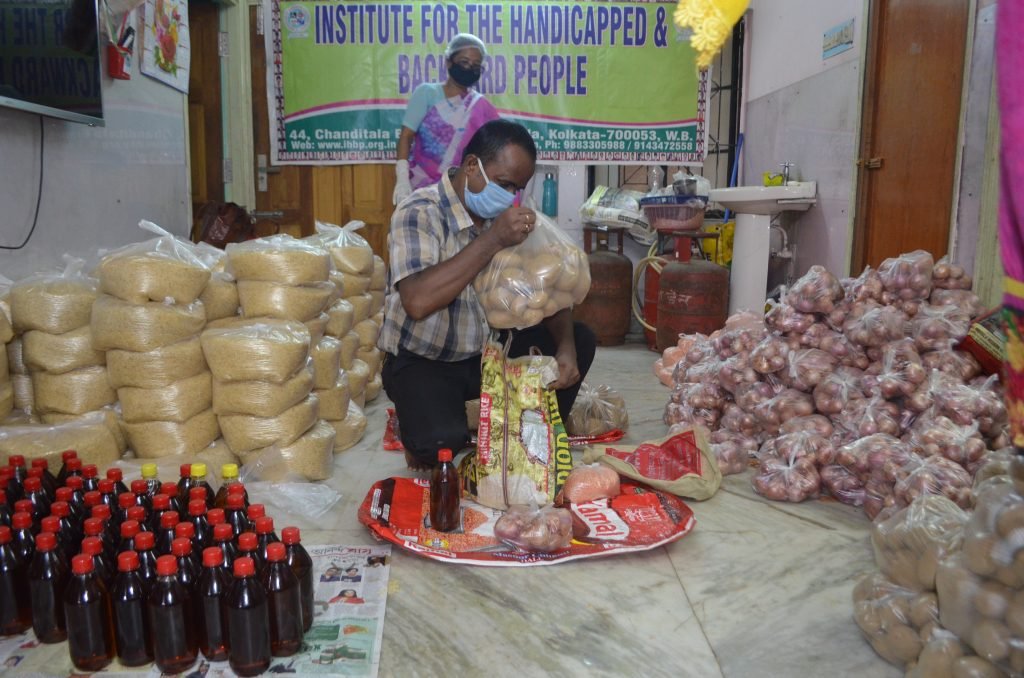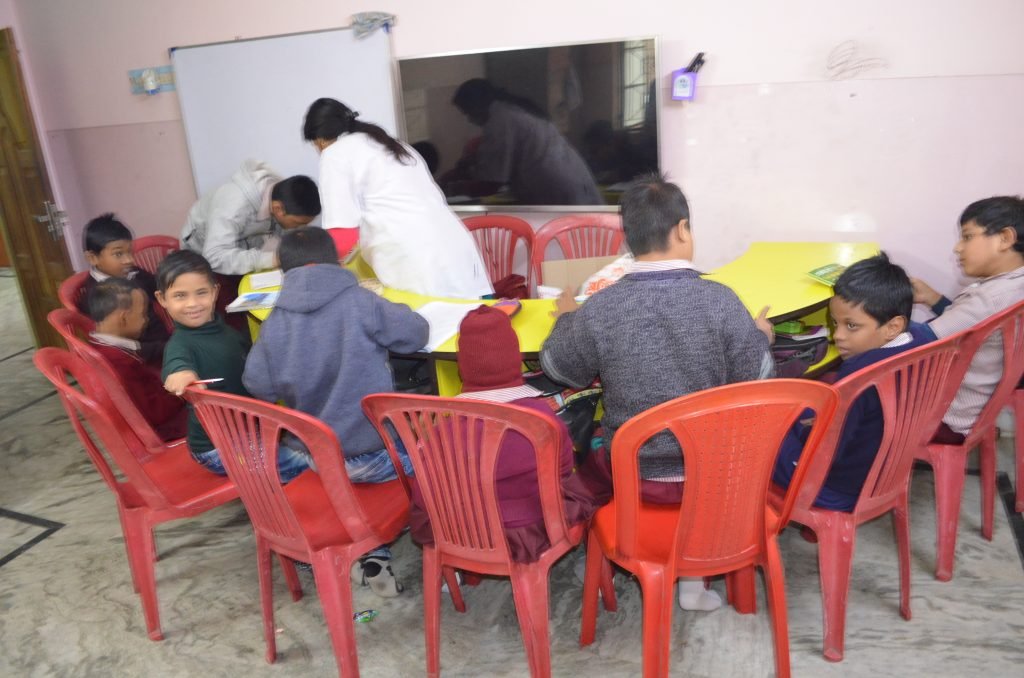PROJECT PROPOSAL
Project Title: Innovative Rehabilitation and Education Program for 100 Disabled Children in Urban South Kolkata
Background:
Disability is a major global challenge, with over 1 billion people living with disabilities worldwide. In India, an estimated 26.8 million people have disabilities, and children are disproportionately affected. Disabled children in India face many barriers to accessing education, rehabilitation, and other essential services.
In urban areas like South Kolkata, disabled children face additional challenges due to the lack of accessible spaces and services. They may also face discrimination and stigma, which can prevent them from participating fully in society.
Project Objectives:
The overall objective of this project is to provide innovative rehabilitation and education services to 100 disabled children in urban South Kolkata. The project will focus on the following specific objectives:
· To improve the functional abilities of disabled children through early intervention and rehabilitation services.
· To provide inclusive education to disabled children in mainstream schools.
· To build the capacity of parents and caregivers to support the development of their disabled children.
· To raise awareness of disability rights and promote the inclusion of disabled children in society.
Project Activities:
The project will implement a variety of innovative activities to achieve its objectives. These activities will include:
· Early intervention and rehabilitation services: The project will provide early intervention and rehabilitation services to disabled children from birth to six years of age. These services will be provided in a holistic manner, addressing the child’s physical, cognitive, and social-emotional needs.
· Inclusive education: The project will work to promote inclusive education for disabled children in mainstream schools. This will involve providing training and support to teachers, developing accessible learning materials, and advocating for inclusive policies.
· Capacity building: The project will provide capacity building training to parents and caregivers of disabled children. This training will focus on how to support their child’s development at home and in the community.
· Awareness raising: The project will raise awareness of disability rights and promote the inclusion of disabled children in society. This will be done through public education campaigns, community events, and advocacy with government and other stakeholders.
Project Timeline:
The project will be implemented over a period of three years. The following is a tentative timeline for the project activities:
· Year 1: Baseline assessment, development of project plan, recruitment and training of staff, establishment of early intervention and rehabilitation center.
· Year 2: Implementation of early intervention and rehabilitation services, inclusive education program, and capacity building training for parents and caregivers.
· Year 3: Continuation of all project activities, evaluation of project outcomes, and development of sustainability plan.
·
Project Budget:
The total budget for the project is INR 1 crore. This budget will cover the costs of staff salaries, training, equipment, and other operational expenses.
Sustainability Plan:
The project will be sustainable through a combination of government funding, private donations, and fees from families who can afford to pay. The project will also work to develop partnerships with other organizations that provide services to disabled children.
Conclusion:
This project will provide innovative rehabilitation and education services to 100 disabled children in urban South Kolkata. The project will improve the functional abilities of disabled children, provide them with inclusive education, and build the capacity of their parents and caregivers. The project will also raise awareness of disability rights and promote the inclusion of disabled children in society.
Additional Points:
The project will use a variety of innovative approaches to achieve its objectives. For example, the early intervention and rehabilitation center will use a multidisciplinary team approach to provide services to children. The inclusive education program will use a variety of teaching methods and materials to meet the needs of all learners. The capacity building training for parents and caregivers will use a participatory approach that empowers parents to take a leading role in their child’s development.
The project will also be innovative in its use of technology. For example, the early intervention and rehabilitation center will use virtual reality technology to provide children with engaging and therapeutic activities. The inclusive education program will use assistive technology to help disabled children participate fully in class activities.
The project will be closely monitored and evaluated to ensure that it is meeting its objectives. The project will also be regularly revised to reflect the changing needs of the community.









